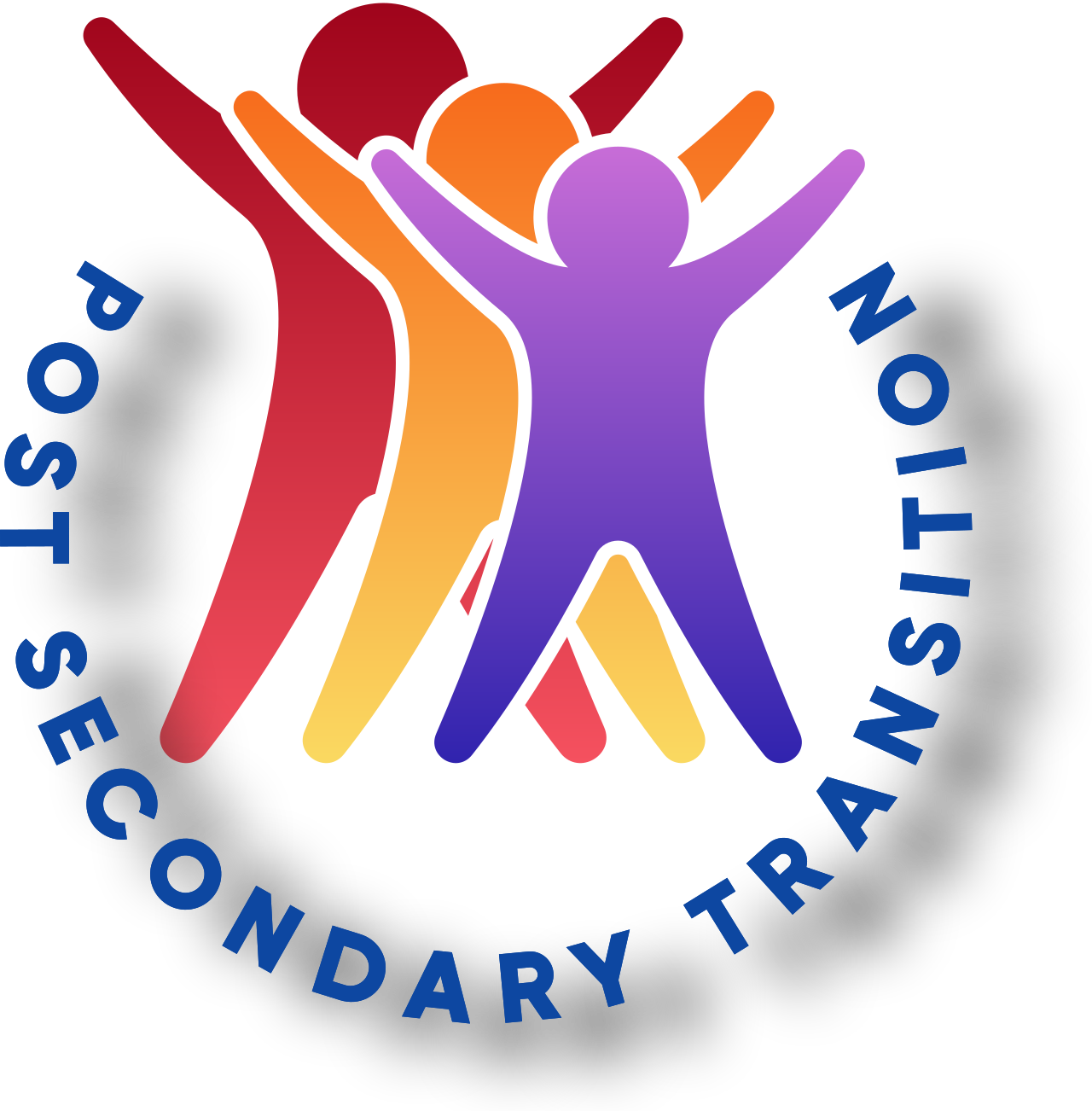Transition - Defined
Outside of my education circle, I’m often asked, “What is post-secondary transition?” And, I’m like, “That is a loaded question!” For grins, while doing research for our site (www.postsecondarytransion.com), Patrick and I looked up its meaning on the internet to see how others define it. What we found is a bunch of vague pronouncements that mirror the definition provided in IDEA (the federal law that covers a school system’s responsibilities to students with disabilities). Some barely even give you that. Soooo…
To get started…I think the biggest thing is recognizing there are many different transitions as you move through a school timeline. For instance, transition from elementary to middle school, from middle to high school, transitioning from one teacher to another, transitioning from one class to another and so on. For me when working with students on an IEP, the post-secondary focus begins at ages 14 and follows until either the age of 18 (when the majority of students seeking a diploma are expected to graduate) or through 21 (when students not seeking a diploma will exit out of the system).
Thinking about exiting the school system can be a scary thought. Realistically, parents of students at age 14 are just thinking about making it into high school. In reality, high school is such a small portion of that timeline. Post-secondary actually represents the rest of your life.
Thus, the time spent planning for that (with the help from the school system, while you have it) is important.
From talking with parents, many many times, they are a little scared to think about that future. I have attended IEP meetings and parents have commented to me, “Oh, no. No. There’s plenty of time. I don't want to think about that or we don't have to worry about this; they're at home with me.”
But I will tell you, just preparing for 18 (when, technically, they’re seen as an adult) can start by just asking questions; what do you want them to do? What is your goal for their future? What do you see them in doing in 5 years, 10 years, 20 years? And you know what? That opens the conversation, simply because every family has a different view of what the future could (or should) be. Some families are happy just having them at home, whereas others have goals, like employment, social gathering with friends, having a job. The post-secondary process in my view is really family driven. So, please, don’t be afraid to start the conversation.
We’ll talk more soon.
